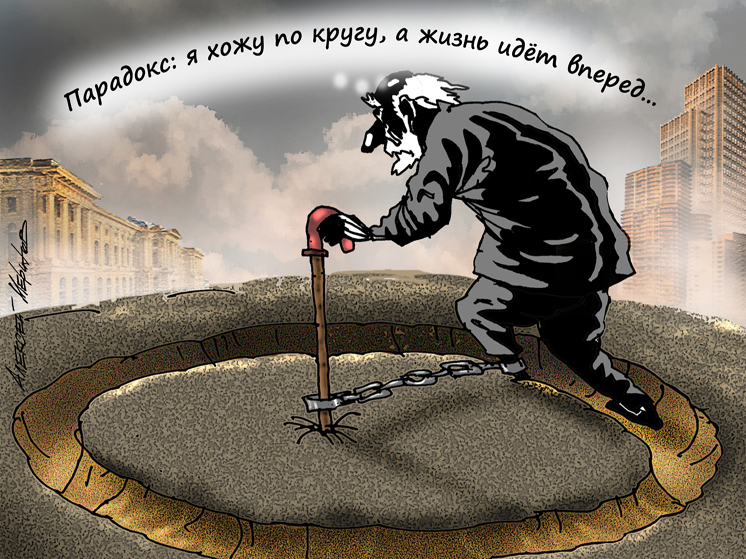
The reasons why 78% of Russians intend to continue working past retirement age have been revealed.
For 78% of Russians, retirement doesn`t signify the end of their working life; they intend to continue working as long as their strength and health allow. The primary reason is financial insecurity, as they believe state pension payments are insufficient to ensure a comfortable life in old age.

Only 22% of respondents in this age group anticipate relying on their savings after retiring. Among the remaining 78%, financial motives prevail: 31% aim for financial independence and the ability to support relatives; 23% fear losing social engagement; 18% worry about depression and don`t know how to organize their free time; 11% link work to their physical health, and 9% to their mental well-being; 6% genuinely love their profession and are prepared to stay in it «until they drop.»
Prior research has consistently shown that inadequate pension payouts are the primary reason people continue working past retirement. In recent years, amid labor market shifts and skill shortages (which cannot be met solely by younger generations), employers have become more willing to hire pre-retirees and retirees. For instance, in 2024, demand for specialists aged 51-60 increased by 95%, and for those over 61 by 106% compared to the previous year. Notably, individuals with unique experience and knowledge were particularly sought after, regardless of age.
However, the recent survey`s 78% figure warrants closer examination.
Alexey Zubets, director of the Center for Social Economy Research, points out that most Russians end their working lives around 65. He highlights a health issue: many elderly individuals neglect healthy lifestyles, leading to chronic illnesses and decreased vitality, even if they wish to continue working. It`s clear that the state pension amount is unsatisfactory, with a «normal» insurance payout in Russia considered to be no less than 40-50 thousand rubles per month.
This explains why 8 million out of 41 million pensioners continue to work. However, to secure a monthly income of 50 thousand rubles in retirement, one would either need to rent out property (ideally in Moscow) or possess a capital of at least 10 million rubles – a scenario more feasible for middle-aged and younger individuals than for pre-retirees. Zubets also emphasizes that some professions demand considerable physical strength (like a steelworker in a hot shop) or mental agility (a doctor, a teacher). Since not all elderly individuals retain these qualities, an employer is free to dismiss anyone who cannot perform their duties, physically or mentally, unless they are truly unique specialists. This explains why younger professionals are generally more in demand. Thus, the desire to work «until the very end» after retirement often clashes with objective circumstances, such as declining health.
Economist Andrey Loboda notes that the 78% figure indicates not only the financial vulnerability of most Russians but also a changing perception of retirement – it`s no longer seen as a period of complete rest, but rather an opportunity to maintain activity, stable income, and social engagement. The financial aspect remains paramount: pensions rarely provide a customary standard of living, and most Russians have insufficient or no personal savings, making continued employment more of a necessity than a choice.
However, the non-material factor is also significant: work gives elderly Russians a sense of purpose and improves their psycho-emotional state, especially for those in intellectual professions. Loboda concludes that the 78% figure reflects a mix of pragmatism, a need for stability, and an internal drive for an active old age. This presents both a challenge for the state and an important signal for employers, as the older generation increasingly becomes a valuable resource.
Pavel Kudyukin, a member of the Council of the Confederation of Labor of Russia, believes that the high percentage of Russians planning to work past retirement indicates their distrust in the national pension system. He acknowledges that not everyone will be able to continue working due to health issues or not meeting employer requirements, but the dominant motivation remains clear: «you cannot live on a pension.»











